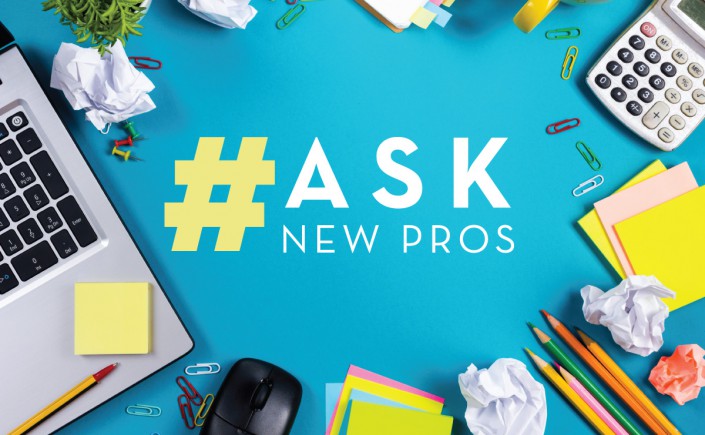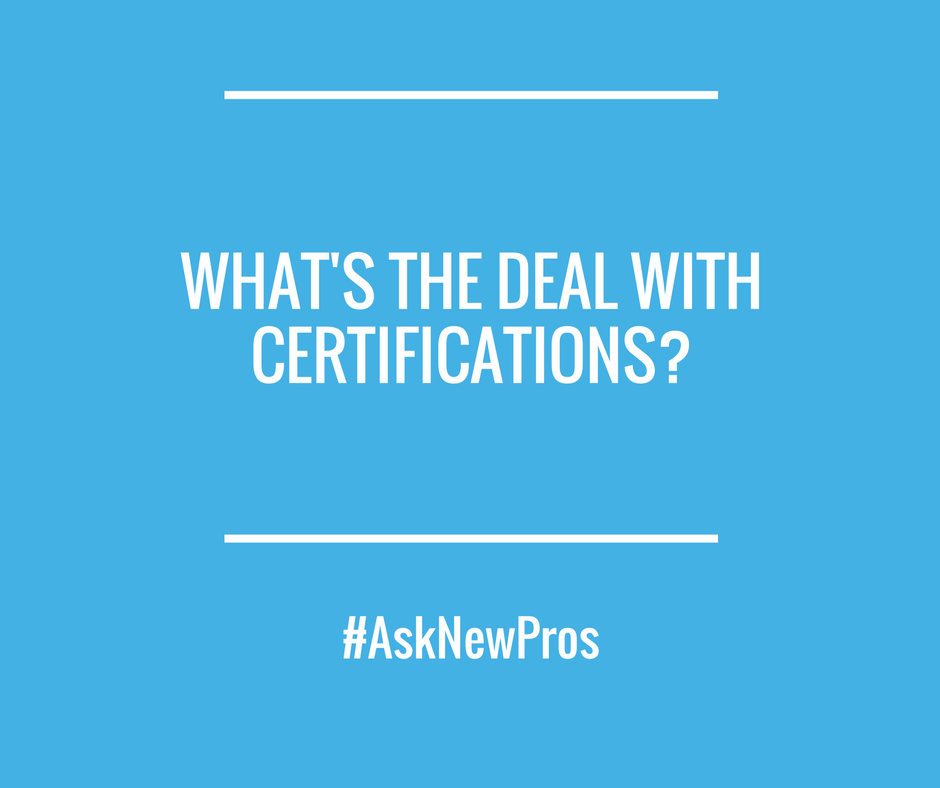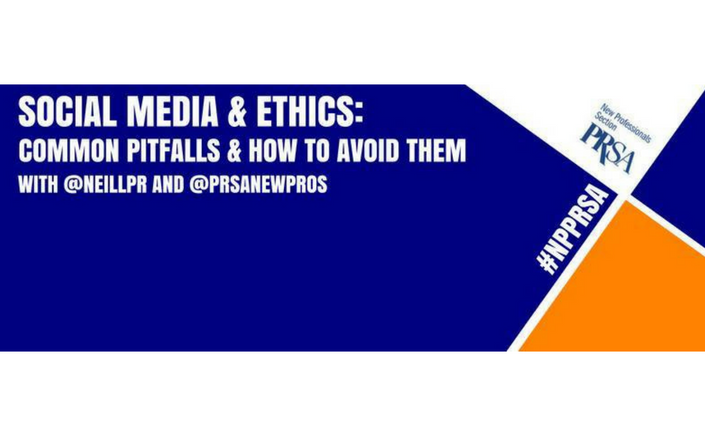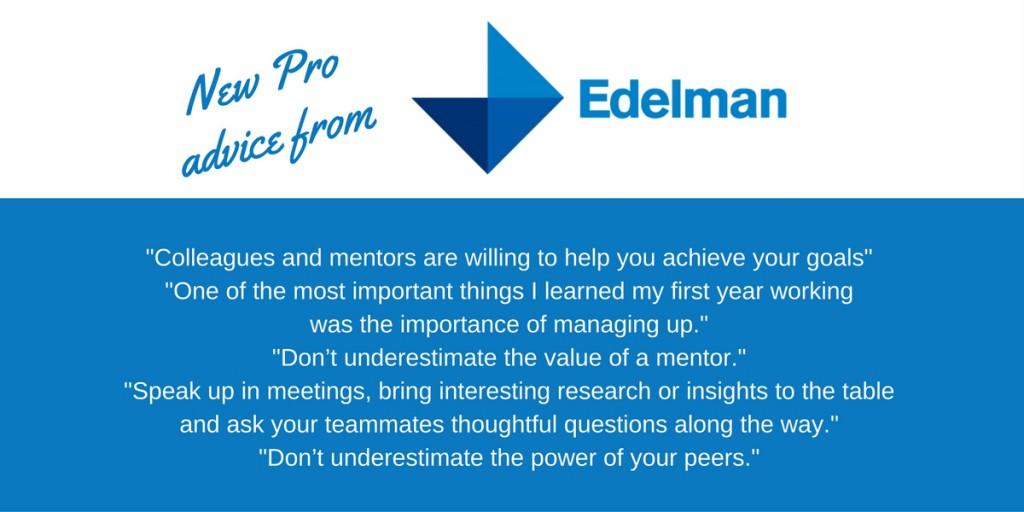Networking- it’s a very intimidating word, especially for those who cringe at the idea of meeting complete strangers at a happy hour or local event. Though it may come off as intimidating, the truth is that mastering the art of networking is a crucial step to land your first job. The expression “it’s who you know” isn’t a myth and it certainly isn’t an expression that should be underestimated. As someone who began their first post-graduation job in August, I can vouch for the importance of networking. I can also provide some tips on how networking and landing your first job go hand-in-hand.
1. Utilize Your Resources
When looking for a first job, it can be tempting to start the search with platforms like LinkedIn, and while you may find some great positions listed, it’s not where I would begin. Very often when looking for your first job, it’s the people already in your circle that’ll help find the position you want, and ultimately, get you that position. Whether it’s a professor, classmate, or family friend, chances are that you have a connection in the field that you are applying. Once you establish that connection, don’t be afraid to reach out. It may be an unspoken truth, but people in the communications field (and in general) like to talk about themselves and their professional experiences. If you reach out with a positive attitude and genuine curiosity about the work they do, you’re golden.
2. Put Yourself Out There
Grounding yourself in the professional world requires you to get out there- literally. If you have colleagues or friends going to a networking happy hour or sporting event, make sure to get that plus-one invite. Being open to meeting new people and stepping out of your comfort zone is the first step in securing that first job. Even more important, it gives you the opportunity to be asked the first impression question: Who are you? This is where your perfected 30 second elevator pitch comes in handy. No matter who is asking, consider them a possible professional connection and sell yourself. Make sure your presentation doesn’t sound staged or rehearsed, as people respond better to conversation that sounds genuine and honest.
While these two pieces of advice aren’t the only ones to consider when looking for your first job, they encompass the big ideas. Everyone has been in your shoes before: colleagues, your boss- and everyone gets how difficult it is to assimilate into the real world. The most important thing to remember is that the people around you are the ones that matter. They are in your circle and consider themselves a connection for a reason- use that. Taking advantage of networking opportunities will pay off in getting you that first job and it will pay off in the career path you choose. Understanding how to talk to people, especially those who you want something from, is an invaluable skill. So next time you are stepping into a networking event, try to let go on the intimidation and nervousness, and remember that it’s just one piece in the puzzle to help you get your first job.
 Evan Martinez is a Communications Associate at American Iron and Steel Institute, a DC- based trade association representing the North American steel industry on Capitol Hill.
Evan Martinez is a Communications Associate at American Iron and Steel Institute, a DC- based trade association representing the North American steel industry on Capitol Hill.







